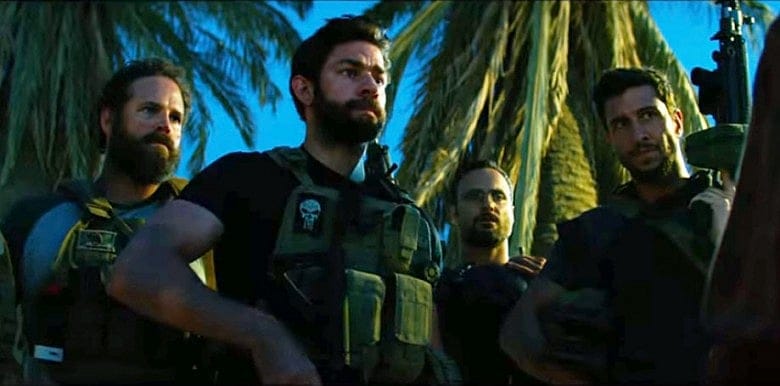Benghazi truth-telling becomes focus for these survivors

BOSTON – They sat clustered around a coffee table Monday afternoon inside a cramped room at the Eliot Hotel in Boston, three burly veterans who only decided to tell their stories about Benghazi after coming home to a country that couldn't get its own story straight.
They don't care much for the politics surrounding the September 2012 attacks in the eastern Libya port city that left four Americans dead, including Ambassador Chris Stevens. Imagine living through that event only to watch a frenzied media and opposing tribes of politicians spin the story for ratings and political gain.

